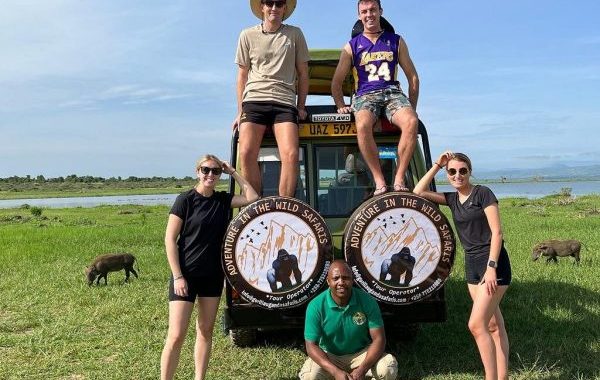Embarking on a gorilla trekking adventure in Uganda offers an unparalleled opportunity to witness the…
Why are there no crocodiles in Kidepo Valley National Park?
Why are there no crocodiles in Kidepo Valley National Park? –
Kidepo Valley National Park, located in the semi-arid Karamoja region of northeastern Uganda, is known for its stunning landscapes and diverse wildlife. However, Kidepo lacks crocodiles, a common sight in many African parks with water bodies. Here are the key reasons for their absence:

1. Seasonal Rivers
- The park’s main rivers, the Kidepo and Narus Rivers, are seasonal. They flow during the rainy season but often dry up completely during the long dry spells.
- Crocodiles require permanent water bodies to survive, as they rely on these for hunting, basking, and laying eggs. The lack of consistent water flow makes the habitat unsuitable.
2. Arid Climate
- Kidepo Valley National Park lies in one of the driest regions of Uganda, characterized by a semi-arid climate.
- The aridity limits the availability of water sources that could support crocodile populations year-round.
3. Geography
- The rivers in Kidepo do not connect to larger water systems like the Nile, which is a major habitat for crocodiles in Uganda.
- Without a connection to these larger ecosystems, crocodiles cannot naturally migrate to or establish themselves in the park.
4. Historical Factors
- It is possible that crocodiles never naturally migrated to this region due to the isolated nature of its water systems.
- Historical climatic changes might have further restricted their movement or survival in this area.
5. Human Activity
- Over time, human activity such as hunting or habitat modification in regions surrounding Kidepo may have prevented crocodiles from establishing a presence in the park.
Conclusion
The absence of crocodiles in Kidepo Valley National Park is primarily due to environmental and geographical factors, particularly the seasonal nature of its rivers and its arid climate. Despite this, the park remains a biodiversity hotspot, offering unique wildlife and a rugged wilderness experience.



